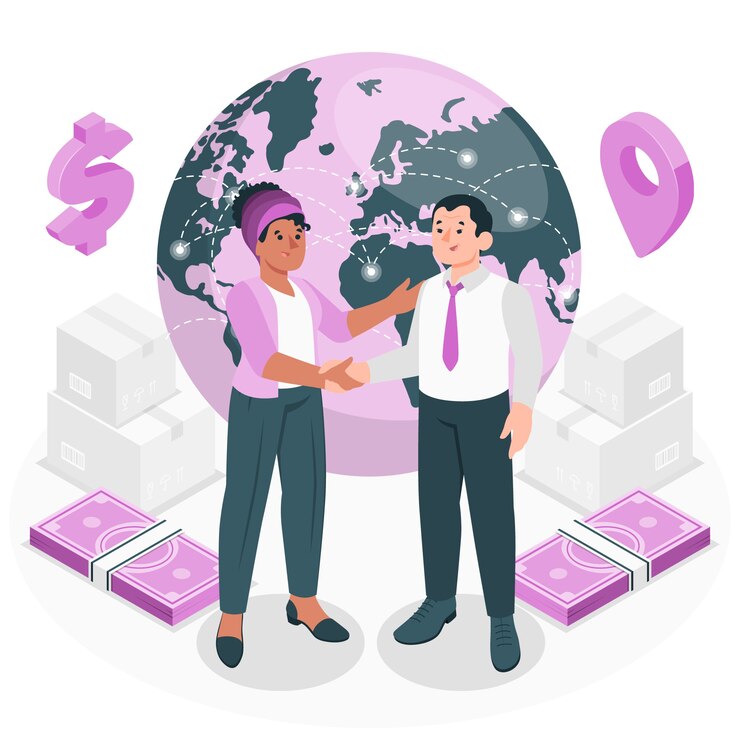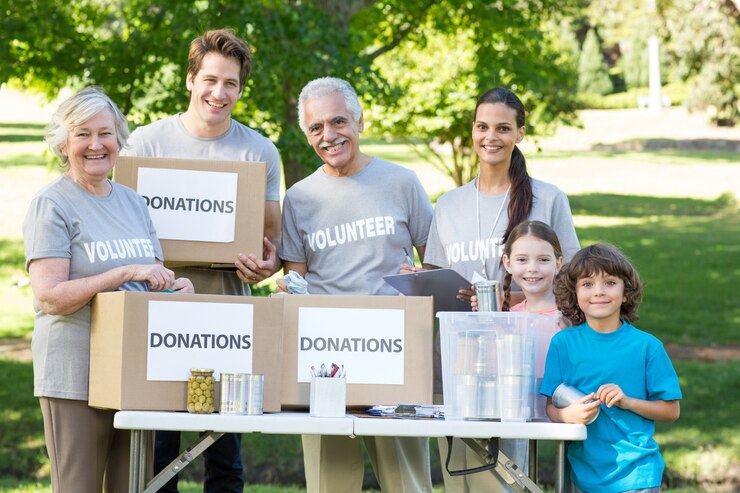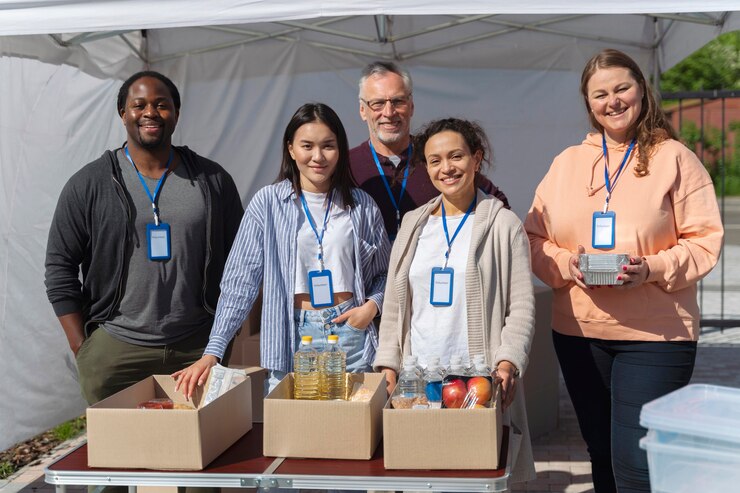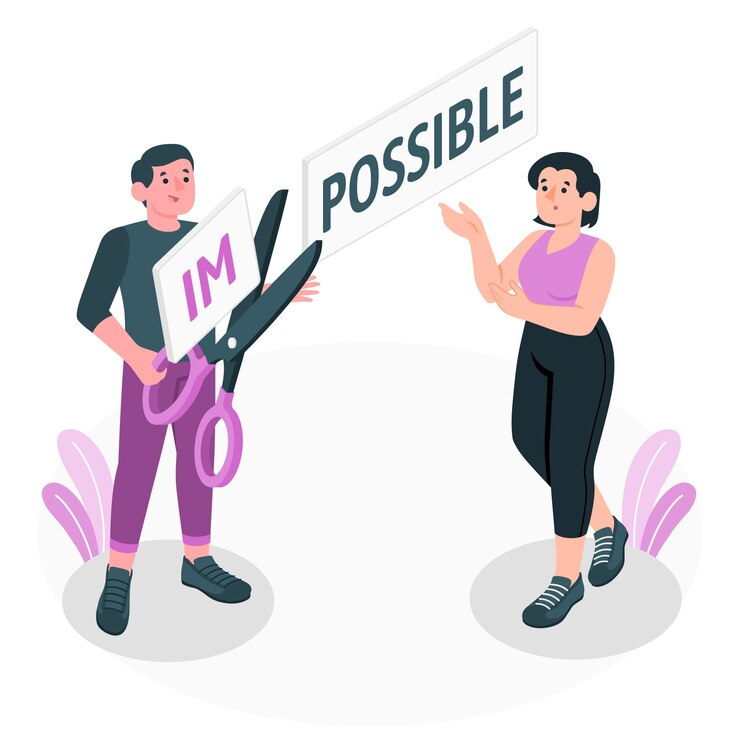Uniting Global NGOs with Ai-UNO: A Comprehensive Guide
Introduction to AI UNO
Home – Ai UNO, Country Directors – AI UNO, List of NGOs – AI UNO, Funding & Grant – AI UNO, Awards – AI UNO, Events – AI UNO, Jobs – AI UNO, Blogs – AI UNO, Int. Conferences – AI UNO, Contact Us – AI UNO
AI UNO is an international non-profit organization that aims to unite global NGOs, corporations, governments and citizens for the purpose of addressing social and environmental issues. Through its innovative platform, AI UNO provides a range of services including country directorships, NGO support, funding & grants, awards programs and events. With over 200 members in more than 70 countries around the world, AI UNO is committed to helping build stronger communities through effective collaboration between stakeholders. The organization also offers educational resources such as blogs on current topics related to sustainability and development as well as international conferences where participants can exchange ideas and learn from each other’s experiences. By providing a unique platform for collective action towards positive change in our societies, AI UNO enables individuals from all walks of life to be part of a global movement working towards creating a better future for all.
Country Directors of AI UNO
AI UNO’s country directors are a group of dedicated volunteers from around the world that represent AI UNO in their respective countries. Their mission is to facilitate collaboration between NGOs, corporations and local governments in order to address social and environmental issues at the local level. They serve as a point of contact for individuals or organizations interested in learning more about AI UNO, its programs and activities, and how they can get involved. Furthermore, they help coordinate regional events such as conferences or workshops where members can network with each other and learn from one another’s experiences. Country directors also provide guidance to their respective national representatives on program implementation as well as ensure that strategies adopted by AIUNO are compatible with local laws and regulations. By helping bridge the gap between global initiatives towards sustainability and development efforts at grassroots levels, these country directors play an integral role in advancing positive change for all stakeholders involved.
List of NGOs
Home – Ai UNO, Country Directors – AI UNO, List of NGOs – AI UNO, Funding & Grant – AI UNO, Awards – AI UNO, Events – AI UNO, Jobs – AI UNO, Blogs – AI UNO, Int. Conferences – AI UNO, Contact Us – AI UNO
AI UNO is comprised of more than 200 NGOs from around the world that are committed to creating positive change in their communities. To be considered for membership, an organization must demonstrate a commitment to improving social and environmental issues, as well as have a clear mission and objectives that align with AIUNO’s goals. Additionally, organizations should commit to actively engaging in activities related to sustainability and development such as education programs or campaigns aimed at raising awareness about these topics. Moreover, members need to demonstrate adequate financial resources which can be used towards implementing their projects or initiatives.
In order for an organization to become part of AI UNO, it needs go through a selection process conducted by its International Board of Directors who assesses the eligibility based on criteria mentioned above. The board also reviews each application individually before making any decisions. After approval from the board, new members are invited into the network where they are given access to various tools and resources such as funding opportunities and best practices shared amongst other members. Furthermore, new members receive support from country directorships in order for them to effectively utilize all available services provided by AI UNO and create meaningful impact within their respective countries.
Funding & Grants
Funding and grants are a key component of AI UNO’s work towards promoting social and environmental progress. All members of the organization have access to various funding opportunities including grants, awards and other financial resources which they can use to support their respective initiatives.
Home – Ai UNO, Country Directors – AI UNO, List of NGOs – AI UNO, Funding & Grant – AI UNO, Awards – AI UNO, Events – AI UNO, Jobs – AI UNO, Blogs – AI UNO, Int. Conferences – AI UNO, Contact Us – AI UNO
AI UNO offers two main types of funding as part of its program: project-based grants for tangible activities that will help address specific issues, and unrestricted funds which allow organizations to develop their own projects or fund existing ones. In addition to these core offerings, AIUNO also provides special programs such as the “Youth in Action” grant which supports youth-led initiatives aiming at creating positive change in local communities. Moreover, members may apply for awards such as the Global Environmental Prize or the Sustainability Award which recognize outstanding achievements related to sustainability efforts around the world.
When applying for any type of funding or grant through AIUNO, applicants must submit an online application form with detailed information about their organization’s mission statement, history and objectives along with details about how they intend on using the funds if approved. After submitting this application, it is evaluated by a committee consisting of board members who assess each proposal based on criteria such as impact potential and alignment with AIUNO’s goals before making any decisions. If successful, applicants are then given access to relevant resources within AI UNO’s network including workshops hosted by expert facilitators who provide guidance throughout all stages involved in achieving project success.
Awards
AIUNO awards recognize and celebrate the outstanding achievements of individuals, organizations, and initiatives that are making a positive impact on sustainability efforts around the world. The organization offers several award categories including Global Environmental Prize for innovative projects in environmental conservation; Sustainability Award to recognize organizations that have demonstrated excellence in sustainable practices; and Social Impact Awards which recognize individuals or groups who have made significant contributions towards social progress.
Home – Ai UNO, Country Directors – AI UNO, List of NGOs – AI UNO, Funding & Grant – AI UNO, Awards – AI UNO, Events – AI UNO, Jobs – AI UNO, Blogs – AI UNO, Int. Conferences – AI UNO, Contact Us – AI UNO
In order to apply for an AI UNO award, applicants must submit an online form with detailed information about their project or initiative as well as how it addresses social or environmental issues. Applications are then evaluated by a panel of judges consisting of experts from diverse backgrounds such as NGO representatives, academics, professionals etc., who assess each proposal based on criteria such as innovation, scalability and potential impact before making any decisions. If successful, applicants receive not only recognition but also access to resources within AIUNO’s network which can be used towards furthering their mission. Additionally, winners will be invited to participate in special events hosted by AIUNO where they can share their experiences with other members of the organization’s global community.
Overall through its various awards programs AI UNO strives to promote collaboration between stakeholders while recognizing the efforts of those dedicated to creating meaningful change across all levels – local communities right up to international ones – thus paving the way for a brighter future for us all
Events
AI UNO regularly hosts a range of events to bring together the global community in order to collaborate on projects aimed at promoting sustainable development. These events include international conferences, workshops and seminars where members can exchange ideas, discuss strategies and share best practices with each other. AIUNO also organizes regional meetings which provide an opportunity for representatives from various countries to learn from one another’s experiences and come up with innovative solutions that can be implemented locally. Furthermore, AIUNO sponsors special initiatives such as “Youth in Action” which are aimed at engaging young people in creating positive change within their local communities.
Home – Ai UNO, Country Directors – AI UNO, List of NGOs – AI UNO, Funding & Grant – AI UNO, Awards – AI UNO, Events – AI UNO, Jobs – AI UNO, Blogs – AI UNO, Int. Conferences – AI UNO, Contact Us – AI UNO
In order for organizations or individuals to host an event with AIUNO they must meet certain criteria set by the organization’s International Board of Directors. This includes demonstrating a commitment towards sustainability efforts through either past activities or current projects as well as having adequate financial resources available for running the event successfully. Additionally, all applicants must submit an online form containing detailed information about their proposal including how it will further goals related to social and environmental progress if approved. After reviewing this application, the board makes its decision based on criteria such as impact potential before approving any requests made by prospective organizers
Jobs
AI UNO offers a variety of job opportunities to individuals who are interested in contributing towards its mission of creating positive change and promoting sustainable development. These positions range from entry-level roles such as project coordinators, to more advanced roles like country director or regional manager. Depending on the region, most jobs involve working with local communities and advocating for social and environmental progress through various initiatives such as education programs or campaigns aimed at raising awareness about these topics.
Home – Ai UNO, Country Directors – AI UNO, List of NGOs – AI UNO, Funding & Grant – AI UNO, Awards – AI UNO, Events – AI UNO, Jobs – AI UNO, Blogs – AI UNO, Int. Conferences – AI UNO, Contact Us – AI UNO
In order to apply for any type of position within AIUNO, applicants must submit an online form which should include detailed information about their qualifications, experience and skills related to the role they are applying for. After submitting this application it is reviewed by a panel consisting of board members who assess each proposal based on criteria such as potential impact before making any decisions. If successful, applicants will be invited into AI UNO’s network where they can access resources including workshops hosted by expert facilitators that provide guidance throughout all stages involved in achieving success in their respective roles. Moreover, new employees receive support from country directorships which ensure that they are able to effectively utilize all available services provided by AIUNO while creating meaningful impact within their respective countries
Blogs
Blogs are an important part of AI UNO’s efforts to engage the global community in conversations related to sustainable development. Through its blog platform, AIUNO provides a range of content from expert opinion pieces and research articles to stories about inspiring people who are using technology for social good. All blog posts published on the website are subject to editorial review before they can be released in order to ensure quality and accuracy of information provided.
Home – Ai UNO, Country Directors – AI UNO, List of NGOs – AI UNO, Funding & Grant – AI UNO, Awards – AI UNO, Events – AI UNO, Jobs – AI UNO, Blogs – AI UNO, Int. Conferences – AI UNO, Contact Us – AI UNO
Submitting a post is easy; all you need is an idea, some time, and a few paragraphs written out! To get started, simply visit AIUNO’s website and click on “Submit A Post” under the Blog section where you will find further instructions as well as guidelines for writing effective blog entries. When filling out your application form make sure that it contains detailed information about your post including what topics it covers and how it relates to sustainability issues or initiatives within AIUNO’s network. Additionally, if possible include relevant images or videos which could help illustrate key points more effectively. Once submitted, your entry will be reviewed by editors at AI UNO who will assess each proposal based on criteria such as relevance before making any decisions regarding acceptance or rejection. If accepted then authors have the opportunity not only share their ideas with readers but also access resources within AIUNO’s network such as workshops hosted by expert facilitators which provide guidance throughout all stages involved in achieving project success
International Conferences
AIUNO’s international conferences provide a platform for stakeholders from across the globe to come together and discuss pressing issues related to sustainable development. These events are designed to be informative, interactive and inspiring with participants engaging in thoughtful dialogue about ways of creating positive change within their communities. The types of conferences held by AIUNO vary but most often include topics such as climate change, renewable energy sources or other environmental initiatives.
Home – Ai UNO, Country Directors – AI UNO, List of NGOs – AI UNO, Funding & Grant – AI UNO, Awards – AI UNO, Events – AI UNO, Jobs – AI UNO, Blogs – AI UNO, Int. Conferences – AI UNO, Contact Us – AI UNO
In order for organizations or individuals to attend an international conference hosted by AI UNO they must meet certain criteria set by the organization’s International Board of Directors. This includes demonstrating a commitment towards sustainability efforts through either past activities or current projects as well as having adequate financial resources available for running the event successfully. Additionally, all applicants must submit an online form containing detailed information about their proposal including how it will further goals related to social and environmental progress if approved. After reviewing this application, the board makes its decision based on criteria such as impact potential before approving any requests made by prospective organizers
At each international conference held by AI UNO there is usually a variety of programs offered which can cater to different interests and backgrounds; these may include panel discussions featuring experts from various fields, interactive workshops on specific topics relating to sustainability efforts or keynote speeches delivered by prominent figures in humanitarian causes among others. Furthermore, attendees also have access to networking opportunities throughout the event where they can connect with like-minded people while also gaining insight into best practices being implemented around the world so that these ideas may be adapted locally depending on each country’s needs and circumstances
Contact Us
Home – Ai UNO, Country Directors – AI UNO, List of NGOs – AI UNO, Funding & Grant – AI UNO, Awards – AI UNO, Events – AI UNO, Jobs – AI UNO, Blogs – AI UNO, Int. Conferences – AI UNO, Contact Us – AI UNO
To contact AIUNO, individuals or organizations can fill out the online inquiry form available on the organization’s website. This form contains questions related to the type of query being made (e. g., general inquiries, partnership requests, etc.), as well as details about how they would like to be contacted in response (i. e., email or telephone). After submitting this form an AIUNO representative will get back to them with a tailored response within 48 hours.
In addition to contacting AIUNO through its online inquiry system, people can also connect with representatives from the organization via social media channels such as Twitter and Facebook where they may post their queries publicly for others in the community to see and provide answers for. Furthermore, if someone wishes to speak directly with an AI UNO expert then they can arrange private conference calls which allow them discuss specific issues more thoroughly in order receive more detailed advice regarding any topics covered by their enquiry.
Home – Ai UNO, Country Directors – AI UNO, List of NGOs – AI UNO, Funding & Grant – AI UNO, Awards – AI UNO, Events – AI UNO, Jobs – AI UNO, Blogs – AI UNO, Int. Conferences – AI UNO, Contact Us – AI UNO
Finally, those interested in learning more about AI UNO’s mission and initiatives are encouraged subscribe to newsletters which keep subscribers up-to-date on all relevant news related activities taking place around the world; these emails also include information on upcoming events hosted by AI UNO that members of public may attend should they wish do so
Conclusion
Partnering with AIUNO provides local NGOs and other organizations with access to a wealth of resources, including expert advice on how best to achieve their goals related to social and environmental progress. Additionally, they will benefit from the support of a dedicated team of professionals who are well-versed in matters pertaining to sustainable development initiatives and can provide guidance throughout all stages involved in achieving success. Furthermore, AIUNO also offers tools such as workshops hosted by experienced facilitators which help equip attendees with the necessary skills needed for effective implementation of projects while ensuring that their efforts create meaningful impact within communities.
Moreover, by joining forces with an organization like AI UNO it is possible for local NGOs to extend their reach far beyond the local level due its ongoing collaboration with various international stakeholders such as governments, corporations and research institutes. This allows them access knowledge pools which would otherwise be inaccessible thus enabling them take full advantage of opportunities presented through collaborations between parties from different countries or even continents.
Home – Ai UNO, Country Directors – AI UNO, List of NGOs – AI UNO, Funding & Grant – AI UNO, Awards – AI UNO, Events – AI UNO, Jobs – AI UNO, Blogs – AI UNO, Int. Conferences – AI UNO, Contact Us – AI UNO
AI UNO’s commitment towards creating positive change makes it one the most reliable partners for any NGO looking develop innovative solutions capable solving some toughest challenges faced today’s world; this kind approach ensures that not only does everyone benefit but also helps ensure that no stone left unturned when it comes finding new ways making our planet healthier more sustainable future generations come after us.









